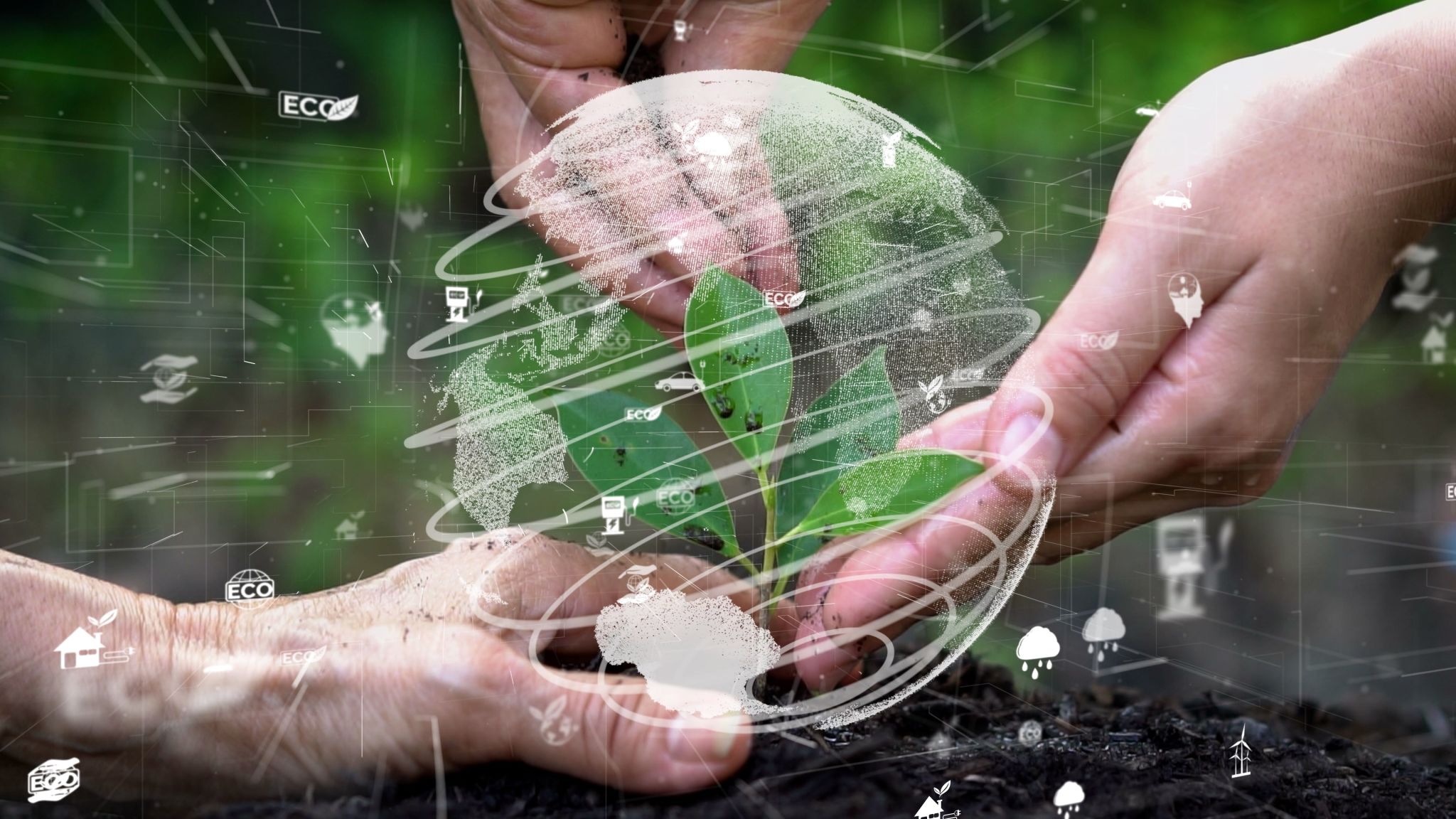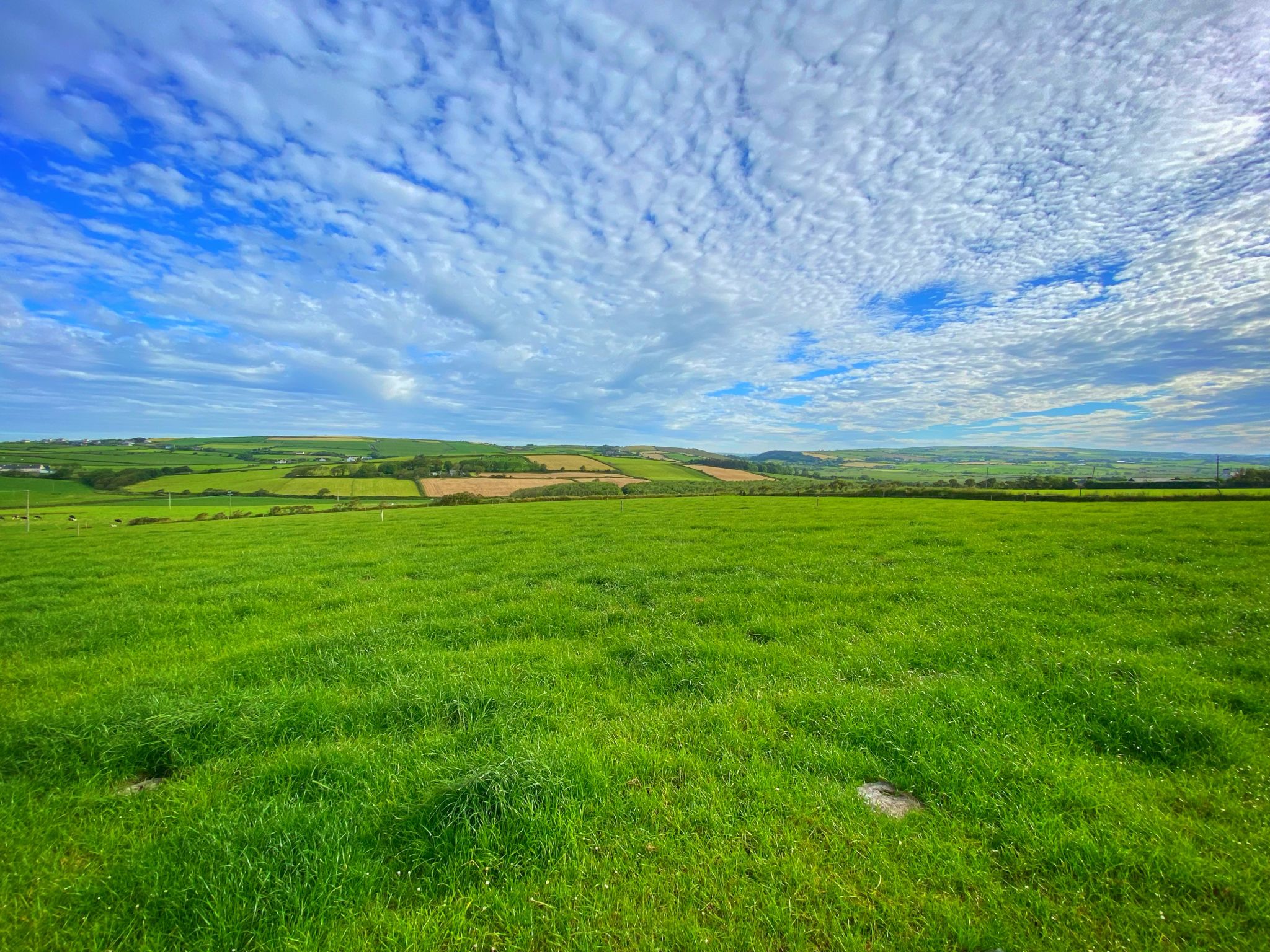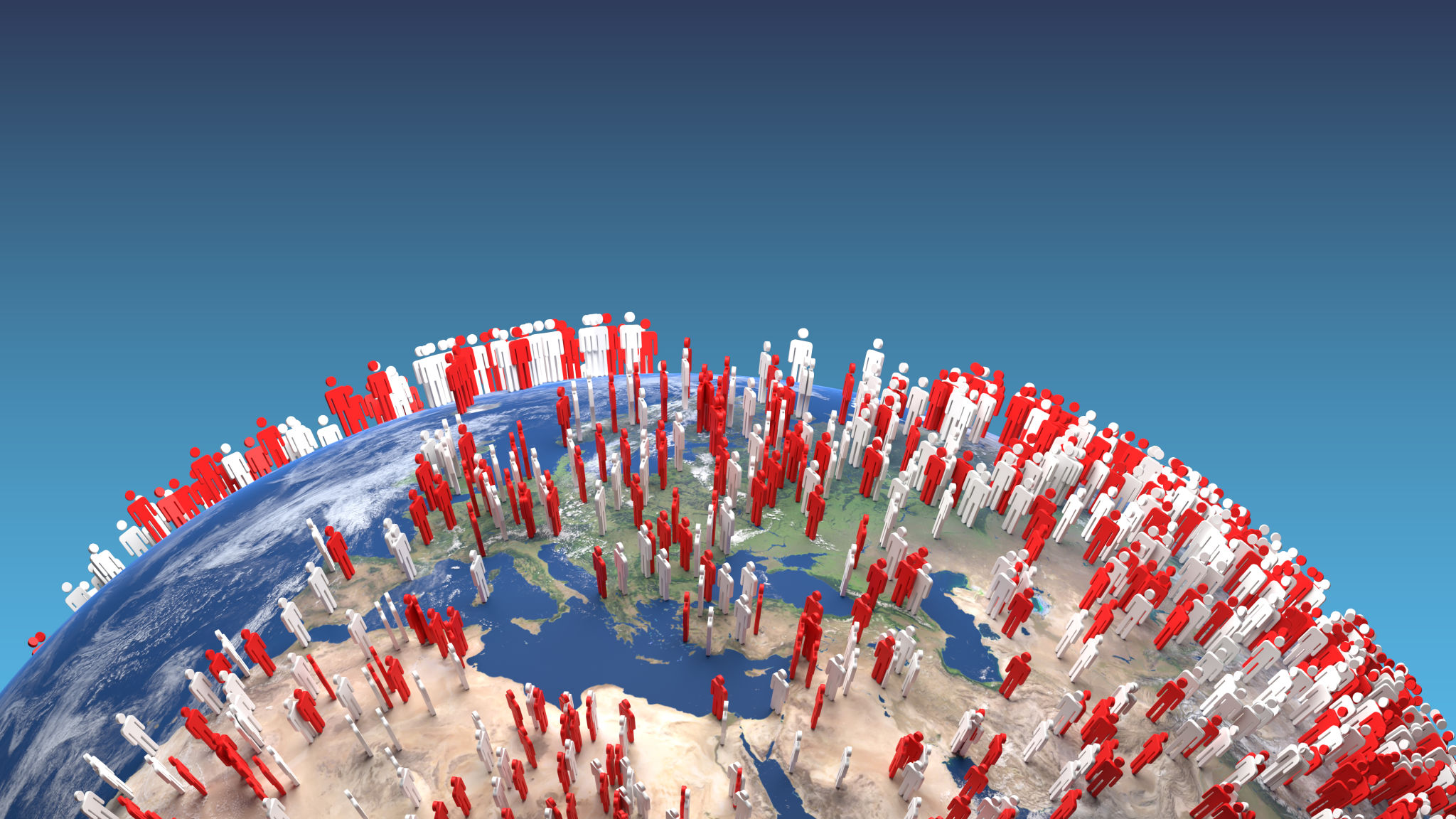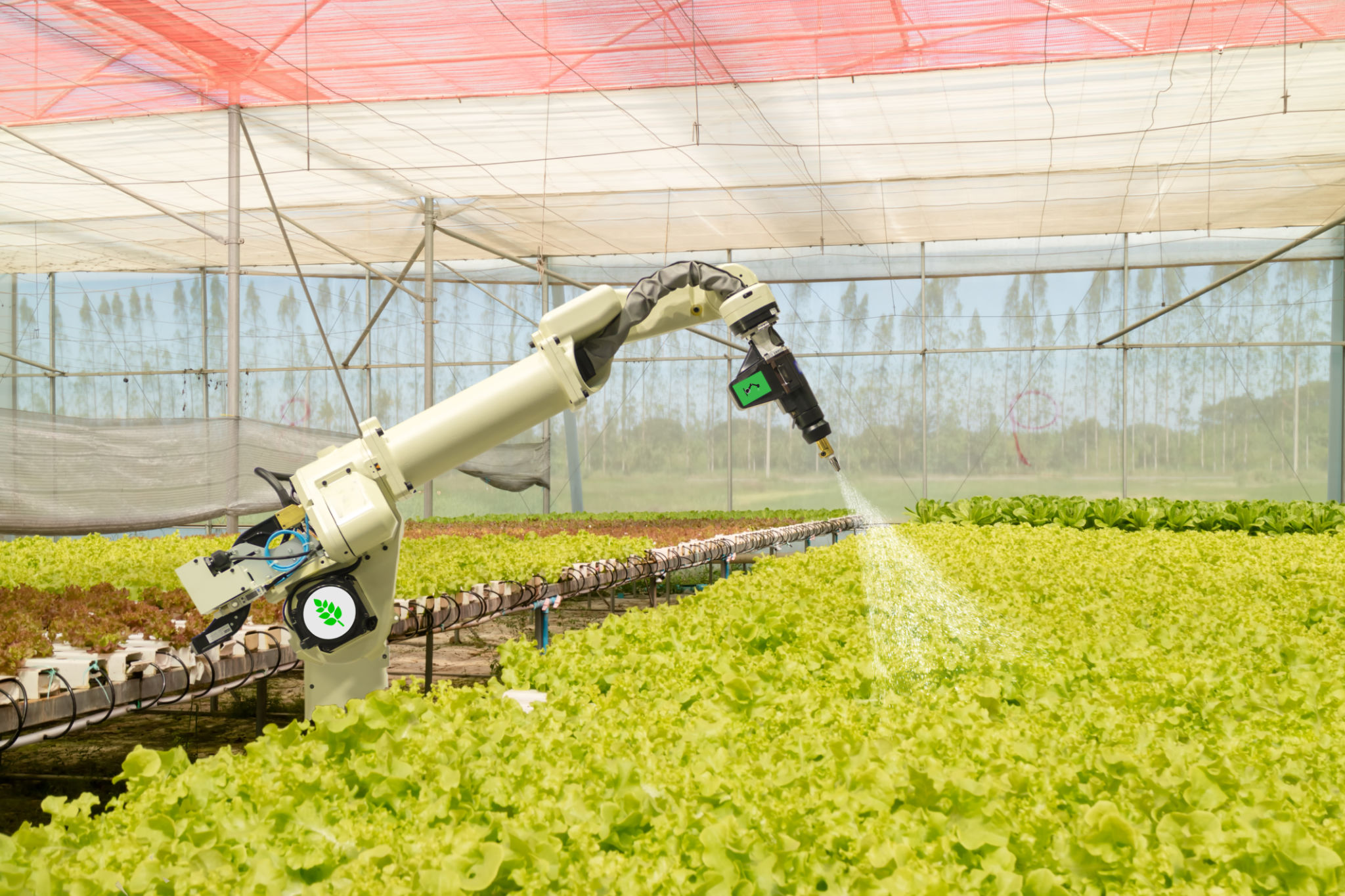The Future of Farming: A Glimpse into 2040
Introduction
Picture this, it’s 2040 and you’re standing at the gate with a flask in hand, looking out over the land. The field still looks the same, but everything around it has changed, quietly, steadily, and sometimes in ways you didn’t see coming. There’s a drone checking pasture condition, your tractor is booked in for a software update, and your son’s just asked if you’ve considered growing seaweed. Welcome to the future of farming.
We’re not here to talk about flying cows or robot butlers, instead, we’re here to talk about some of the real shifts already reshaping farming life in Ireland, and where we’re heading if we want to keep the lights on, the animals healthy, and the land in good heart.

Global Trade
For decades, Irish farmers have relied on strong export markets, especially to the EU, the UK, and the US. But that world is wobbling and tariffs, political tensions, and carbon border taxes are shaking the foundations. Just last year, new US tariffs on EU food imports threw key Irish exports like butter, cheese, and whiskey into chaos. It’s a reminder that what happens in Washington or Brussels doesn’t stay there, it hits your bottom line on a soggy Tuesday in Roscommon.
By 2040, global food trade will be tighter, not looser. Countries will protect their own supplies, and food miles will come under more scrutiny than ever. Ireland’s agri-food reputation still holds strong—but to stay competitive, we’ll need to prove not just quality, but sustainability, traceability and fairness.
That means knowing your carbon footprint. It means being able to say, hand on heart, “this product fed people, protected soil, and left no one behind.”

Climate Breakdown
Ask any farmer and they’ll tell you that the weather’s not what it used to be. Fields that were once reliable are now drowning in winter or bone-dry in June, calving seasons are unpredictable, spreading windows are tighter, and storms are stronger.
Farming now accounts for over a third of Ireland’s total greenhouse gas emissions and if we want to stay farming in 2040, we’ll need to farm differently. Thankfully, some changes are already showing promise. Agricultural emissions in Ireland dropped by nearly 5% in the last year alone, with more farmers moving towards lower nitrogen fertilisers, mixed swards, and regenerative practices. And that’s where we need to lean in.
By 2040, carbon will be as important as cattle. Knowing how much your land is storing, or leaking, will influence everything from grants to market access. Hedgerows, cover crops, low-emission slurry spreading, won’t be seen as “green extras”, they’ll be core to the job.

Feeding More People with Less Land
We’re heading for a world of nine billion people by 2040 and fewer safe places to grow food. Irish land is some of the best in Europe, but we won’t be immune to the squeeze. We’ll be asked to produce more, with less fertiliser, fewer antibiotics, lower emissions, and higher welfare standards. No pressure, right?
This is where data and tech will be your best friends. In the future, most farms will run with real-time insight, on soil moisture, herd health, grass growth, even disease risk. It won’t replace experience, but it’ll take some of the guesswork out of the game. And what we grow will shift, too. We’ll see more protein crops, more diversified swards, and new kinds of income, from agroforestry to carbon credits to supplying alternative protein chains (yes, even bugs and lab-grown meat will have a place).

Farming in Cities and Seas
By 2040, not all farming will happen in fields. Some will take place in high-rise buildings, old shipping containers, or just off the Irish coast.
Urban agriculture is on the rise, particularly in densely populated cities where space is limited and food miles are under scrutiny. Vertical farming, a key component of urban agriculture, is projected to grow at a compound annual growth rate (CAGR) of 13.2% from 2024 to 2030. This growth is driven by advancements in controlled environment agriculture (CEA) technologies, including hydroponics and aeroponics, which allow for efficient, year-round crop production in urban settings.
Meanwhile, Ireland's coastline is emerging as a new frontier for sustainable farming. The Irish seaweed industry, currently valued at over €45 million annually, has significant potential for expansion. Seaweed is a nutrient-rich, fast-growing resource that serves multiple purposes, from food and fertilizer to carbon capture. In 2021, Ireland harvested approximately 50.5 tonnes of cultivated seaweed, indicating room for growth in this sector.
Aquaculture is also evolving, with regenerative systems that combine shellfish and seaweed farming to clean water while producing food. The global aquaculture market is projected to grow from USD 160.9 billion in 2024 to USD 262.09 billion by 2032. This growth reflects a shift towards sustainable seafood production methods that not only meet rising demand but also contribute to environmental restoration.
This isn't a sideshow, it could be a major part of Ireland's sustainable food future.

Automation
Don’t worry, your tractor’s not going to sack you. But by 2040, you’ll have smarter backup. Robots and tech are already here. About 1,500 robotic milkers are working away on Irish farms, and tools like GPS-guided tractors, weed-zapping drones, and health-tracking cattle tags are quickly becoming the norm. Over 70% of dairy farms now use some form of automation, things like in-parlour feeders or automatic cluster removers. And this is just the start. The global agri-tech market is set to double by 2030, meaning better tools that are more affordable and easier to use.
You won’t be replaced, but your role will shift. Less muscle, more mindset. Less chasing problems, more staying ahead of them. You’ll move from herder to systems thinker. And don’t worry, the dog stays, he just might be wearing a smart collar.

The Risk of a Two-Speed Future
Let’s not kid ourselves: all this tech and transition sounds great, but that's only if you can afford it. If the next 15 years only work for the biggest players, we risk building a two-speed agri-sector. Big, tech-savvy, capital-rich farms flying ahead, while family farms, already under pressure, fall further behind. We can’t let that happen.
Ireland’s agri-identity isn’t built on mega-farms. It’s built on small, skilled, community-rooted farmers. People who know their land by heart. They need backing, not just with grants, but with proper advisory support, broadband, education, and policy that understands rural realities.
If we lose them, we lose more than a food system. We lose our heritage.

Conclusion
So, where does that leave us? The farm of 2040 won’t look like your grandfather’s, but the heart of it will remain the same, working with the land, not against it. Technology, climate pressures, and shifting markets will change the way we farm, but not why we farm. If we get it right, we’ll feed more people with less damage, and do it in a way that’s fair, local, and rooted in community.
But to do this, we need to bring everyone along, because a future that only works for the biggest farms isn’t a future worth having. Irish agriculture has always been built on adaptability, pride, and grit. That hasn’t changed. What’s changing is how we support that spirit, from better tools and fairer trade to policies that actually understand the rural reality.
The choices we make today, on our land, in our homes, and at the policy table, will shape the fields of tomorrow and that future’s coming, ready or not.
*By Anne Hayden MSc., Founder, The Informed Farmer Consultancy.
